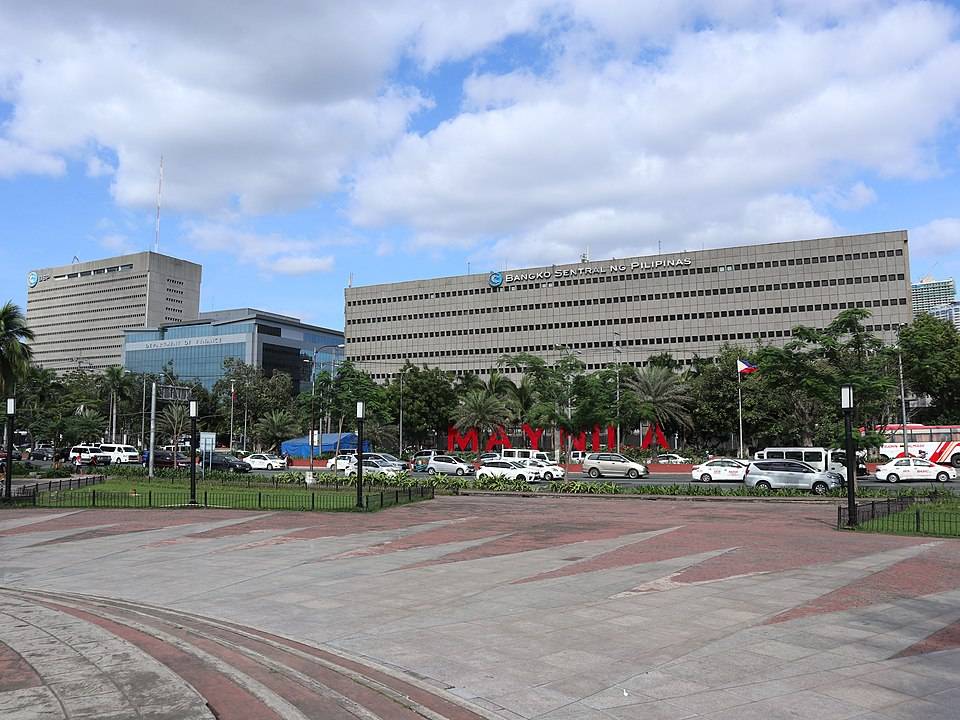
The full implementation of the Financial Institutions Strategic Transfer Act and the extension of effectivity of some of BSP’s credit-related relief measures are seen to provide support to the continued growth in U/KB lending. (File Photo By patrickroque01, CC BY-SA 4.0)
MANILA – Universal and commercial banks (U/KBs) in the Philippines sustained their growth and continued to support the country’s financing requirements, according to the Bangko Sentral ng Pilipinas (BSP).
“Key U/KB performance indicators showed a steady rise in assets, loans, and deposits, and sustained profitability with ample credit loss reserves, sufficient liquidity and capital buffers,” BSP Governor Benjamin Diokno said in a statement.
U/KB assets grew by 8.2 percent year-on-year (YoY) to PHP19.4 trillion at end-April 2022, higher than the 4-percent growth posted a year ago. The growth was financed mainly by deposits, which rose by 8.7 percent during the same period.
The total loan portfolio, which largely comprised U/KBs’ assets, went up by 9.8 percent to PHP10.7 trillion at end-April 2022. These loans were extended to productive sectors like real estate, wholesale and retail trade, and manufacturing.
U/KB credit to micro, small and medium enterprises stood at PHP334.8 billion, while lending to households, including residential real estate, reached PHP1.7 trillion.
Alongside improving economic conditions and credit activity, U/KB loan quality showed signs of recovery as their non-performing loan (NPL) ratio eased to 3.6 percent at end-April 2022 from 3.9 percent a year earlier.
The U/KB industry’s NPL coverage ratio, on the other hand, increased to 95.2 percent in April this year from 87.7 percent during the same month in 2021.
The full implementation of the Financial Institutions Strategic Transfer Act and the extension of effectivity of some of BSP’s credit-related relief measures are seen to provide support to the continued growth in U/KB lending.
The industry’s net profit rose by 26.7 percent to reach PHP61.4 billion at end-March this year, a reversal from the 4-percent contraction in the same period in 2021.
U/KBs also continued to be well-capitalized with risk-based capital adequacy ratios of 16.2 and 16.8 percent on solo and consolidated bases, respectively, as of end-March 2022.
The industry also registered a liquidity coverage ratio of 200.3 percent on a solo basis at the end-February 2022, well above the 100 percent minimum requirement. This indicates a strong liquidity position to support short-term funding requirements.
Amid economic recovery and positive business and consumer sentiment, the BSP remains committed to pursuing regulatory and legislative reforms aimed at ensuring a safe, sound, and resilient financial system –one that contributes to the sustained growth of the economy, while supporting responsible innovation and the country’s broader sustainability agenda.






















